“I continue to be motivated by the hundreds of volunteers and watershed professionals who have been working to improve water quality in these mountains.”


“I continue to be motivated by the hundreds of volunteers and watershed professionals who have been working to improve water quality in these mountains.”
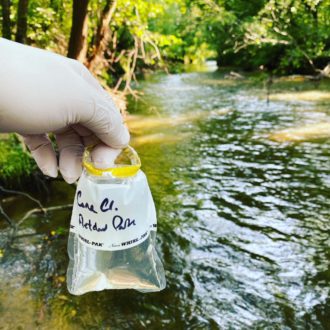
A $25,670 grant from The Community Foundation of WNC is helping MountainTrue continue testing begun last year; eventually, the group wants to be able to give rivergoers up-to-the-minute information about E. coli levels.

Xpress reached out to several organizations responsible for monitoring the region’s air and water to learn how the environmental situation has changed since Buncombe County issued its COVID-19 state of emergency declaration on March 12, which marked the first local guidance for people to reduce nonessential business and travel.

“To inquire, ‘Is this stream clean?’ is a valid endeavor, and together we can take legitimate steps to answer it.”
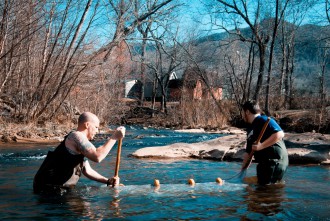
While the flood’s immediate aftermath may negatively impact water quality and populations of aquatic life, research suggests that WNC’s watersheds readily recover from similar events over the long term. But area experts emphasize that humans do play a role in maintaining the resilience of the region’s streams, rivers and lakes as development continues along their banks.

To keep cars from slipping and sliding — and crashing and smashing — when weather conditions turn roads icy, the city of Asheville and the N.C. Department of Transportation treat local motorways with salt. While the substance can impact water quality and the health of wildlife, officials say they mostly succeed in balancing environmental and traffic safety concerns.
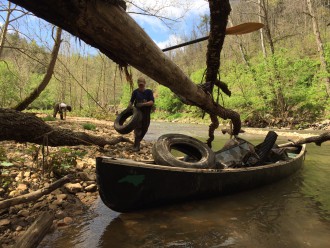
This week, Xpress looks at the network of agencies and organizations working in Buncombe and Madison counties to improve water quality and position the French Broad as the region’s next great tourist attraction.

Last week’s heavy rainfall pushed E. coli levels in Asheville’s portion of the French Broad River past the Environmental Protection Agency’s safety threshold, posing a health threat to swimmers and tubers.

On April 14, representatives from 43 nonprofits requested funding from Buncombe County, as part of the county’s community development grant program. But these organizations make up only 9.6 percent of the total nonprofits in the county. Others rely on privately funded grants and donations, as well as individual donations — both small and large. Each organization must constantly work to grab and hold the public’s attention. And in a city like Asheville, it seems there’s never a shortage of worthy causes.
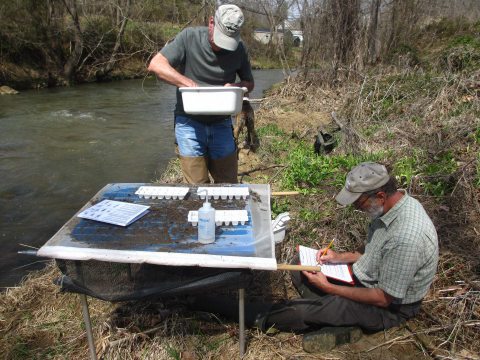
The Environmental Quality Institute launches an interactive map of water quality readings in Western North Carolina and seeks volunteers for its bi-yearly biological analysis of local streams and rivers.
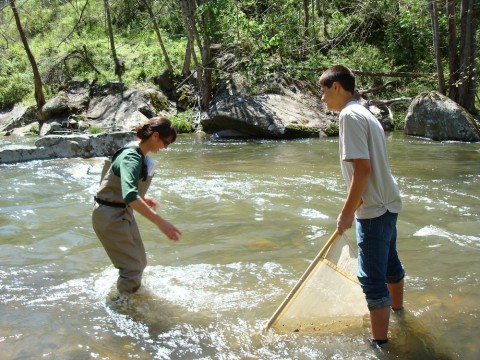
The Environmental Quality Institute’s Stream Monitoring Information Exchange program is currently seeking volunteers to attend a volunteer training on Saturday, March 29th, from 9 a.m.-4 p.m., at UNC Asheville. Once trained, volunteers work in small groups to sample a couple sites, two times per year (about 10 hours of annual service). Volunteer opportunities are open to anyone (11th grade and up) with any level of experience or identification skills.
In an e-mail to Xpress, the director of the Environmental Quality Institute challenges numbers supplied by UNC-Asheville, and says the university profits from the center.